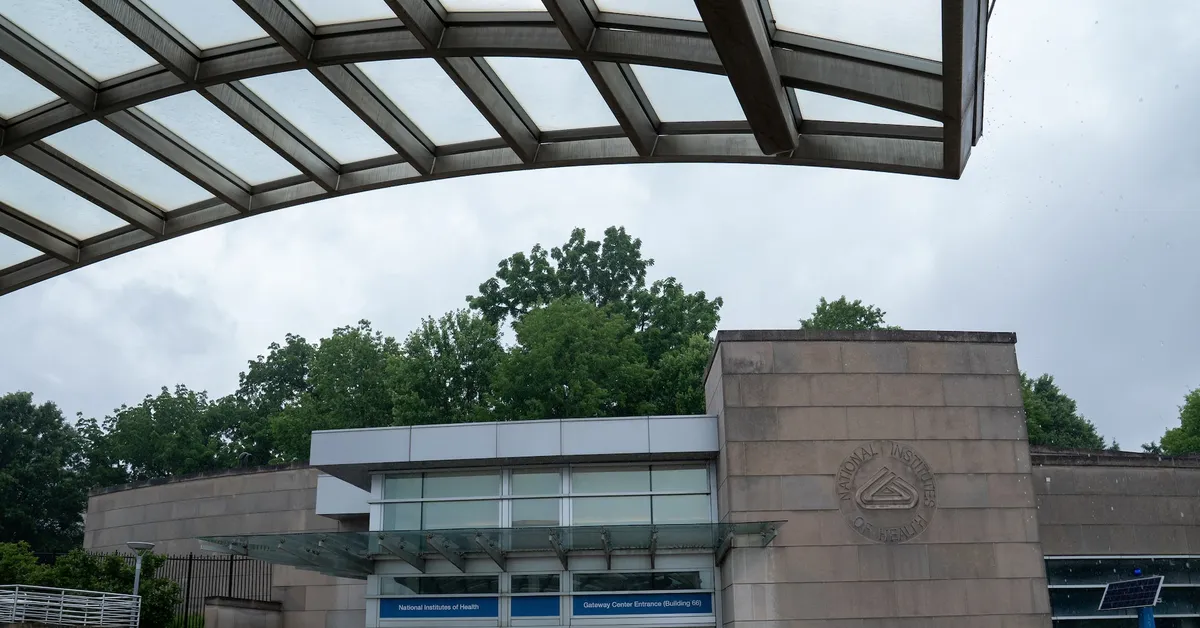
On June 16, 2023, a federal judge in Boston made a landmark ruling regarding the termination of National Institutes of Health (NIH) grants, which were deemed void and illegal by U.S. District Judge William Young. This decision follows the actions taken by the Trump administration to cut funding for research focused on diversity-related topics, which the judge criticized as discriminatory against racial minorities and the LGBT community.
During a non-jury trial, Judge Young stated that the NIH had violated federal law by arbitrarily canceling over $1 billion in research grants. These grants were perceived as connected to initiatives promoting diversity, equity, and inclusion (DEI). The judge emphasized the importance of these initiatives and indicated that the government's actions represented a clear case of racial discrimination and bias against America’s LGBTQ community.
Judge Young announced that he would be reinstating the grants awarded to organizations and Democratic-led states that filed lawsuits against the grant terminations. He expressed his intent to potentially issue a broader ruling as the case progresses. "Any discrimination by our government is so wrong that it requires the court to enjoin it," said Young, who was appointed by former President Ronald Reagan.
The judge pointed to the severity of the discrimination involved, stating, "You are bearing down on people of color because of their color." He noted that in his four decades on the bench, he had never encountered a situation where racial discrimination was so evident. Young's ruling is significant as it could affect hundreds of grants, with implications for various organizations, including the American Public Health Association and 16 states, led by Massachusetts.
Since the Trump administration took office in January 2017, the NIH has terminated approximately 2,100 research grants worth about $9.5 billion, along with an additional $2.6 billion in contracts. These funding cuts are part of a broader agenda to reshape government spending and eliminate support for DEI programs and transgender healthcare. Additionally, the administration's proposals to cut 10,000 jobs from health agencies, including the NIH, have faced temporary blocks from other federal judges.
Conservative critics have framed DEI programs as biased against white individuals and other groups, leading to the NIH's directives to halt funding for research related to DEI, transgender issues, COVID-19 responses, and studies that could benefit Chinese universities. This legal case primarily addressed only a subset of claims from the consolidated lawsuits regarding the funding cuts, with Judge Young indicating that he would consider additional evidence before making further rulings.
This ruling by Judge Young underscores the ongoing legal battles surrounding federal funding and the critical role of diversity and inclusion research in the United States. As the case continues, it may set a precedent for how federal agencies approach grant funding in the future.